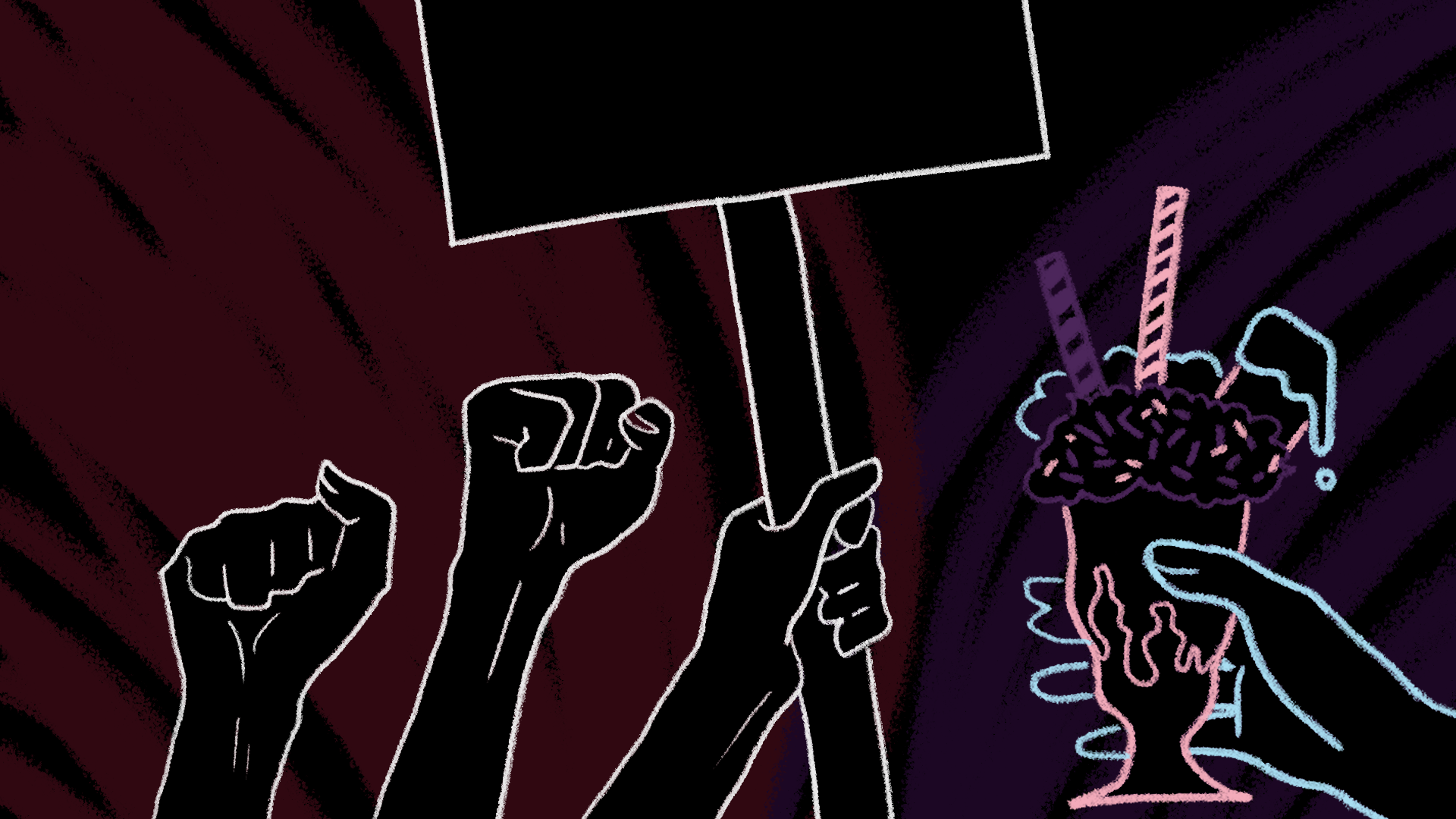
As Chicago’s first black female mayor and first openly lesbian mayor, Lori Lightfoot is no stranger to long odds. But 100 days after taking office, Lightfoot took to the podium at the Harold Washington Library Center to deliver her first State of the City Address, discussing the odds of closing the gap on the $1 billion deficit facing Chicago. And in Lightfoot’s own words, “If [that] sounds like it’s big, it’s because it is.” Although the speech did not detail specifics steps in her administration’s plan — that will come in October, during her budget speech — her address laid the groundwork for the financial changes to come.
“We walked into a staggeringly large deficit for next year, and what was worse, we were not left with any credible plan on how to fix this massive problem.”
Though she did not refer to the former mayor by name, Lightfoot threw Rahm Emanuel under the proverbial CTA bus, calling to mind some of the sharper criticisms against Emanuel’s tenure, such as gentrification, declining affordable rental housing options, and massive public education budget cuts. Specifically, Lightfoot focused on political ethical reform, highlighting the federal racketeering indictment against former Alderman Edward Burke. He previously controlled the Workers Compensation Program, which Lightfoot described as ripe with “fraud, waste, and abuse.” Lightfoot said she hopes to eliminate citywide spending waste by hiring the city’s first Chief Risk Officer. According to her speech, her efforts during her first 100 days in office have decreased the deficit to a projected $838 million. She reminded critics that she inherited this debt without the political alliances of a former lawmaker, possibly alluding to stalled negotiations with Springfield legislation this past June concerning infrastructure reform and the uncertain location of Chicago’s new mega-casino.
“Our long-term solution out of this fiscal mess must be promised in a growth strategy that deals in all of our neighborhoods. Small businesses and homeowners, individuals and community-based institutions must be part of this strategy. We must expand opportunity, expand our tax base, and expand our population. We need to continue residents and businesses — of all stripes — reasons to stay, to come and to grow.”
The biggest area of concern for Chicago’s budget is the pension crisis looming over the Windy City. In her speech, Lightfoot stated that pension debt covers a third of the budget deficit, and will increase by half a billion over the next three years due to new pension obligations. The current government-worker pension system is filled with risk — for the government, employees, and taxpayers alike. In Illinois’ defined-benefit system, an employee contributes a percentage of their annual salary into government funds with the expectation that they will receive a benefit package at a fixed 3% rate compounded annually. In other words, the amount of money the government owes the retiree increases every single year, and with people living longer and retiring earlier, pension packages kick in earlier too. Supporters of pension reform argue this system is not sustainable, as the 3% pension rate increases government spending without any feasible method to cover their costs.
But the pension issue has bigger implications than just the city of Chicago — nearly $14 billion in combined benefits for retired government workers will be given to 71,000 retirees living outside the state of Illinois, representing 20% of all retirees collecting pension benefits. It is a toxic circle: Pension allocations increase, causing the state deficit to increase, forcing local and state taxes to increase, motivating people to leave the state when they retire, creating public disgruntlement why taxpayers have to pay for the pensions of people who live out of state.
As property taxes have risen to historic levels, Illinois has seen its state population drop for 5 straight years, falling behind Pennsylvania as the nation’s sixth-largest populace. Lightfoot observes that when thousands of people collect government money and leave the state, that is now government money no longer in circulation toward the Illinois economy. But, as Lightfoot also points out, it is perfectly within those workers’ rights to move; it is the responsibility of the state and city governments to deliver services and build a culture that invites people to stay.
On multiple occasions in her speech, Lightfoot stressed the need for Chicago to embrace immigrants, work with Springfield on legislative reform, and view the problems facing every city in Illinois as Chicago’s problems too. A couple of the highlighted policies to this effect in her speech: Lightfoot’s administration will enact a $15 minimum wage in Chicago starting in 2021 instead of 2025, and residents will no longer be faced with water shutoffs during financial hardships because, as she said, “water is a basic human right.”
“I want to avoid [raising property taxes] as much as possible, but if we don’t get the structural changes that our pensions need, we will be presented with very hard and limited options… Some of our solutions will be hard. Yes, they may involve putting ourselves at risk, and if that means that I sacrifice myself politically so be it in pursuit of the right thing.”
The main takeaway from Lightfoot’s speech is that Chicago is in dire financial straits. The only options to recoup the losses are to either cut budgets or increase revenue. Lightfoot hopes it will be the latter. One of the main sources of new revenue comes on the heels of Illinois’ recent gambling expansion bill, which will legalize sports betting and bring six new casinos to the state — most importantly for Lightfoot’s platform, a mega-casino to Chicago, which has the potential to generate hundreds of millions in revenue. However, talks have stalled over the location for the casino. Aside from the aforementioned higher property taxes, Lightfoot wants to bring tourism to less noticed neighborhoods than simply planting the casino in downtown Chicago. Additionally, a recent study by the Illinois Gaming Board, only a location situated next to already-established tourist destinations and hotels — hence, downtown Chicago, which Lightfoot wished to avoid — would provide “meaningful tourist trends.”
In talking about the casino in her speech, there was a sense of urgency from Lightfoot to finalize a casino agreement, saying that there was “no reason” for a deal not to happen. Should the casino talks fall through or fall below expectations, Lightfoot herself admitted that the city of Chicago is presented with very limited options. As Lightfoot and all of Chicago looks to the future, there are plenty of large-scale financial decisions to be made — high-risk, high-reward.







